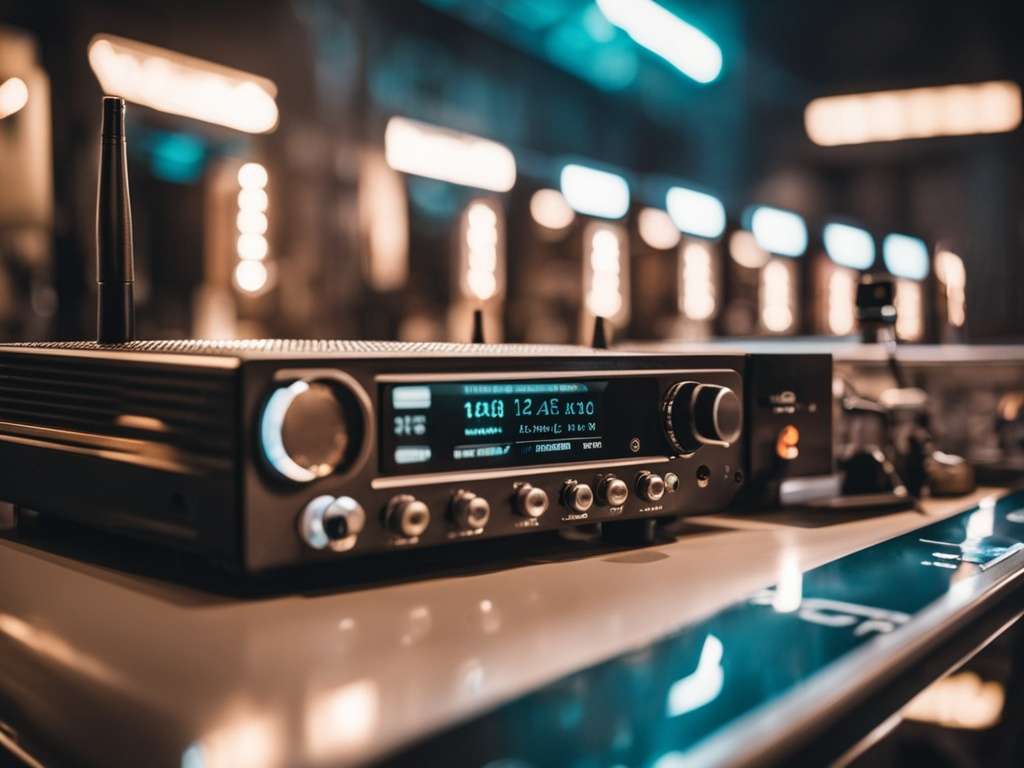With rising digital privacy threats, demand for anti-surveillance equipment like signal jammers and encrypted devices has surged across Southeast Asia. However, navigating the complex web of international export controls and regional import laws remains challenging. This comprehensive guide breaks down every legal requirement—from Wassenaar Arrangement compliance to country-specific permits in Thailand, Vietnam, and beyond—while offering actionable steps for secure transactions. Discover how to classify dual-use tech, obtain critical licenses, and avoid customs seizures through proven compliance strategies.
What Export Controls Apply to Anti-Surveillance Equipment?
Anti-surveillance tools often fall under strict international trade regulations due to their dual-use nature (civilian/military applications). Three key frameworks govern these exports:
This 42-nation agreement controls technologies like frequency jammers and intrusion software. Items listed in its Dual-Use Goods List require export licenses for member states.
The Bureau of Industry and Security (BIS) mandates licenses for certain encryption devices (ECCN 5A002) and drone jammers (ECCN 3A001).
European suppliers must comply with EU 2021/821, which restricts exports of surveillance tools like IMSI catchers to non-EU countries.
How Do Southeast Asian Countries Regulate These Imports?
Each ASEAN nation enforces unique restrictions:
| Country | Regulatory Body | Key Requirements |
|---|---|---|
| Singapore | Strategic Goods Control Office | Import certificates for jamming devices |
| Thailand | NBTC | Type approval for RF equipment |
| Vietnam | MIC | Military-use declaration for counter-drones |
What Are the 4 Critical Steps for Legal Export?
Identify if your device has an Export Control Classification Number (ECCN). For example, broadband jammers typically fall under ECCN 3A001.a.3.
U.S. exporters need BIS licenses (Form BIS-748P), while EU suppliers require national authority approval. Always verify if your destination country demands additional import permits.
Choose vendors with proven compliance records. Reputable suppliers provide:
- End-User Certificates (EUCs)
- Technical Control Plans (TCPs)
- Export Compliance Certifications
Essential shipping documents include:
- Commercial invoice with HS codes
- Export license copies
- Certificate of Conformity
What Are the Risks of Non-Compliance?
Violating export controls can trigger severe consequences:
The U.S. Department of Commerce imposes fines up to $1 million per violation.
Willful violations may lead to 20-year prison sentences under U.S. International Emergency Economic Powers Act.
Blacklisted companies face shipping delays and revoked trade privileges.
Frequently Asked Questions
Can I legally buy signal jammers for personal use in Malaysia?
No. Malaysia’s Communications and Multimedia Act 1998 prohibits civilian ownership of jamming devices without MCMC authorization, typically reserved for government agencies.
How long does BIS license approval take?
Standard processing takes 30-60 days, though complex cases (e.g., military-end users) may require 90+ days for interagency review.
Are software-based encryption tools restricted?
Yes. Tools using >64-bit symmetric encryption (e.g., AES-256) often require licenses under Wassenaar Category 5 Part 2.
